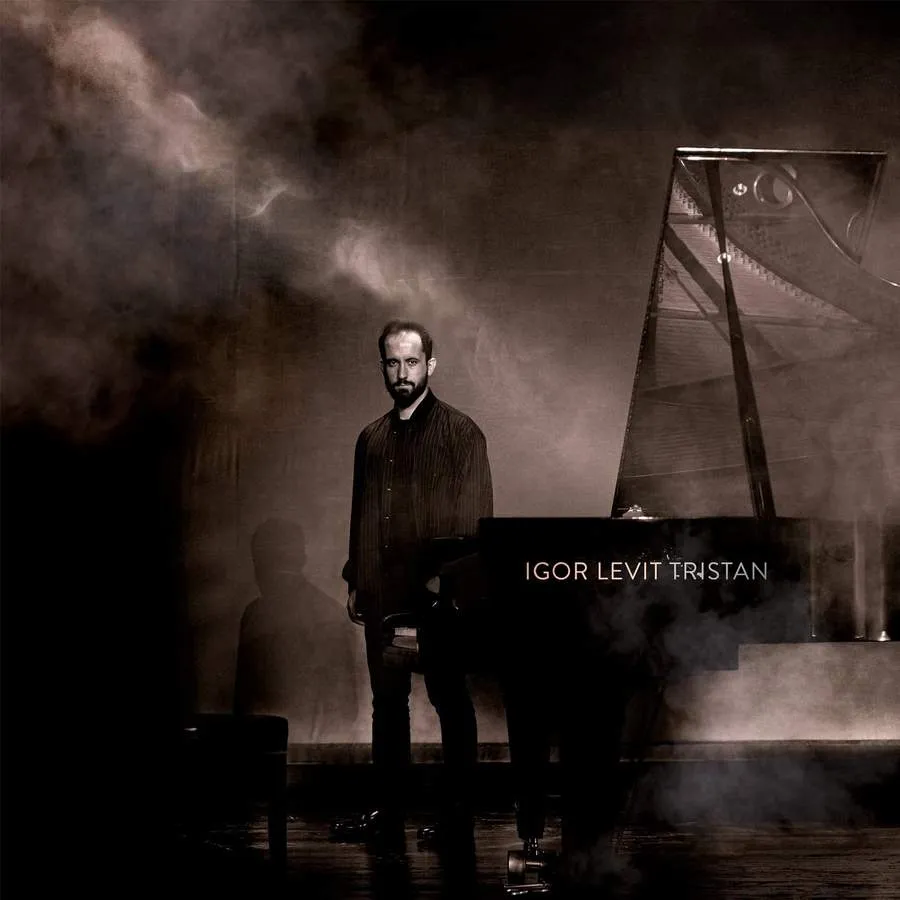
Tristan Henze: Tristan*; plus works by Liszt, Mahler and Wagner Igor Levit (piano); *Gewandhausorchester Leipzig/Franz Welser-Möst Sony Classical 19439943482 99:59 mins (2 discs)
The cover presents a hazy scene in sepia monochrome with Igor Levit standing behind a piano, his shadow in view, light dancing through the smoke. This is a recording haunted by half-lights and the deep dark of the night, of the shadow self and uncontrollable emotions. It brings together music grappling with one of the most influential operas ever written, Wagner’s Tristan und Isolde, and the dissonant chord that destabilised music history. If I had to pick one word to describe this recording, it would be ‘intense’.
The major work is Henze’s Tristan, a concerto-like collection of six Preludes for piano, electronic tapes and orchestra that responds to Wagner over a century later. Where Wagner is ‘incandescent and exclusive’, said Henze, his music is ‘cool, as if it were early morning, and the questioning and longing are expressed with muted voice’. Levit offers exactly those qualities in this excellent account with the Leipzig Gewandhaus and conductor Franz Welser-Möst, making sense of its post-modern recollections of Brahms, Chopin, Renaissance polyphony and birds, its scream ‘of the whole suffering world’.
Hearing the Prelude to Tristan und Isolde, arranged by Zoltán Kocsis, afterwards is a strangely unmoving experience, despite the intelligence of Levit’s performance. It seems even a pianist of his calibre can find it hard to replicate the febrile quality of a whole orchestra, of quivering strings, at a percussive, solo piano. The same problem scuppers the Adagio to Mahler’s Symphony No. 10, another work haunted by death and love, but leaving little emotional trace. At least there’s Liszt. An unsentimental, unshowy and rather lovely Liebestraum No. 3 opens proceedings; a cathartic Harmonies du soir concludes them.
Rebecca Franks
